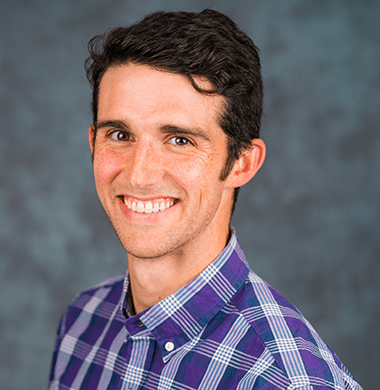By Florencia Guerzovich and Michael Moses — October 21, 2015.
The Open Government Partnership (OGP) promotes more open, accountable, and responsive governance by challenging reformers in government and civil society to come together to make processes of government more open. Since its inception in 2011, OGP has grown at an extraordinary rate. Sixty-five countries now participate, in a wide variety of contexts, all across the world. Local political dynamics and other features of the open government landscape within a given country shape whether and how OGP can help underpin concrete, sustainable change. Indeed, in order to begin to understand how such factors interact with OGP, we must ask: how, if at all, are reformers, both in and outside of government, leveraging OGP and the platform it provides to drive progress towards more open government?
Global Integrity has been working with partners in Albania, Costa Rica, Mexico, Tanzania, and the Philippines to generate evidence and learning to help answer this question. Our Opening Government project digs into the OGP experience of these five countries, providing rich, contextual evidence that will contribute to broader reflections within the open government community about how to make OGP as useful as possible. The preliminary results of our cutting-edge research will be ready just in time for the OGP Summit in Mexico next week.
We’re hosting a conversation on these topics at the Summit, and we would like to invite you to join us in a discussion about the concrete challenges, opportunities, trade-offs, and politics of using OGP to promote openness at the country level. Our researchers’ initial findings will provide the platform for the session. Consider, for example, Ani’s insightful analysis of Albania’s experience with OGP. Her findings suggest that international donors and other international processes play an important role in driving the willingness and ability of local stakeholders to leverage OGP. The Albanian government’s concern for for its reputation, and especially its desire to comply with the good governance mandates of the European Union, explains some of Albania’s open government journey. This combines with other domestic factors to inform how useful OGP inputs are to particular stakeholders.
The EU accession process may not be relevant in your country. But how do other features of the governance landscape, including domestic-international reputational concerns, processes of resource mobilization, power dynamics and/or legitimacy questions, influence whether and how local stakeholders use OGP in their local reform efforts? We would like to ask you to share your thoughts, needs and recommendations. John’s take on Tanzania, as well as Joy and her team’s analysis of the Philippines, will also provide the basis for a fruitful conversation on these topics.
Other cases from our research indicate that, even in countries that are often assumed to be similar, the OGP journeys can be quite different. For example, you may have heard about Mexico’s innovative OGP-consultation mechanism. Fernando and Pedro have found that learning to navigate the consultation process helped pro-reform actors improve their negotiating positions. However, the Mexico analysis also warns us that OGP-related processes, incentives, and inputs have not necessarily reduced antagonism and mistrust among open government stakeholders. Moreover, in Costa Rica, Evelyn, Randall, and Steffan have found that a change in political leadership short circuited the ability of stakeholders to use lessons from the first National Action Plan to the second. This in turn has meant that what may have looked like fundamental changes in open contracting systems did not materialize as expected.
Our “Lever of Change” session will dig further into these issues. With your insights and country experience added to the mix, the conversation will be even more interesting. Together, we’ll collectively identify new, useful insights about how OGP plays out in practice, and how to use new perspectives to better inform the ups and downs of OGP journeys.
The insights generated in the session won’t simply expire at the Palacio de Mineria in Mexico City. Your feedback and thoughts will inform our work, and that of our researchers, as we finalize our findings and prepare tailored, actionable recommendations for the different groups that make up the OGP community. If you join us in Mexico, together we can help move OGP forward.
So, please, mark your calendar, pre-register for the session, and join the team Thursday, October 29 • 11:00am – 12:00pm in Room Bernardo Quintana. Space is limited, so register soon!
If you can’t make it to the session we’ll be tweeting #LeverOGP, sharing our preliminary findings with other researchers in Mexico City, and following up with additional information in this space.
Florencia Guerzovich, PhD, Consultant, Opening Government Project
and Michael Moses, Global Integrity Research Manager
The Opening Government project is supported by the Transparency and Accountability Initiative
Image courtesy of OGP Support Unit







